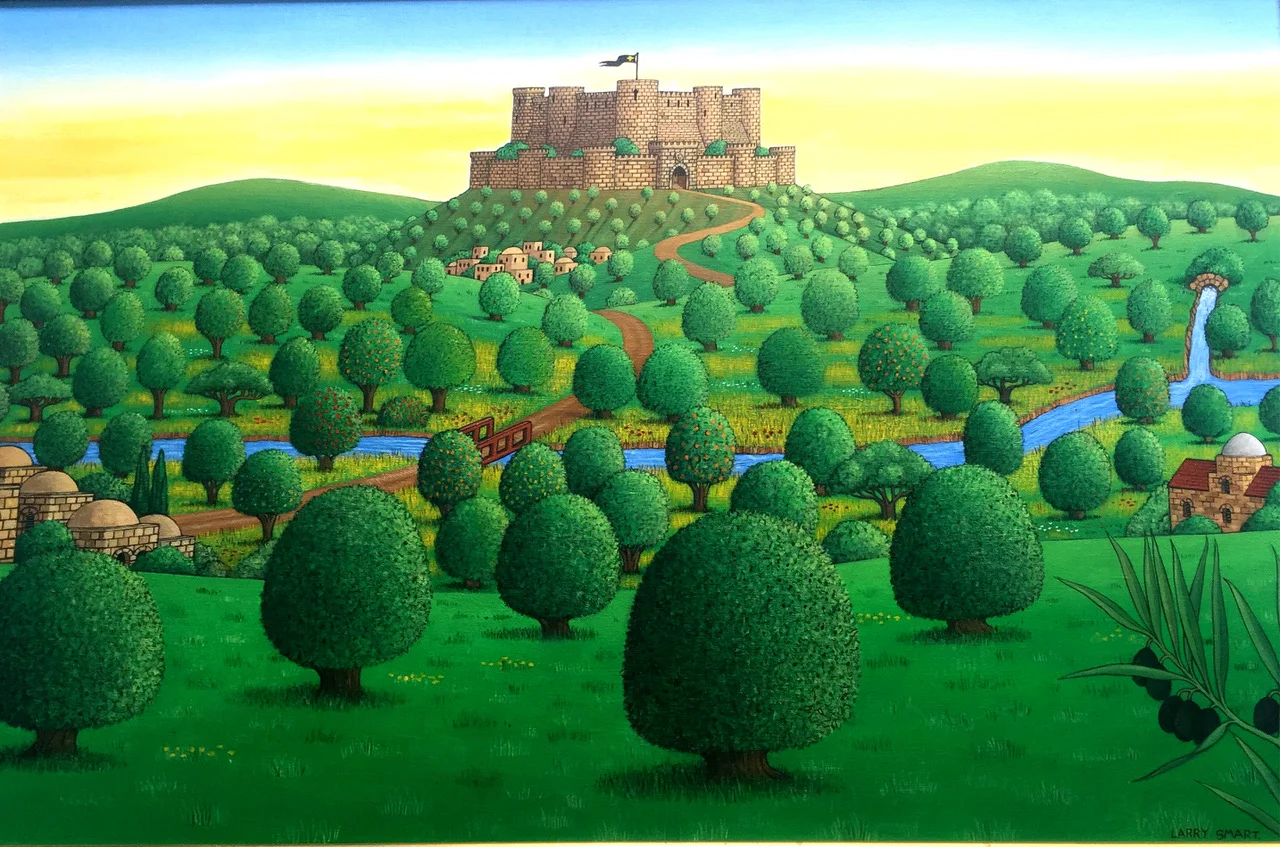OK, reversing humanity’s decline took 40 or 50 years longer than we thought. But let’s celebrate it anyway, writes Craig Sams
Could this be the Big Lifestyle Turnaround that we’ve been dreaming about and waiting for?
Every year for decades there has been an annual increase in new cases of Type 2 diabetes, which correlates with comparable figures for obesity, which is a factor in cancer and heart disease. That’s the bad news. What’s the good news?
Over the last 6 years (averaged to avoid ‘blips’) research shows there has been a significant DECLINE in incidence of diabetes in the US. Diabetes is still happening, but less and less each year. That means that, going forward, there will likely be less cancer, less obesity and less heart disease. The endless upward graph is going into a downturn.
The researchers, at the US Governments Centers for Disease Control and Prevention (CDC), took a shot at what might be behind this encouraging news. Their studied conclusion? People are more health conscious than hitherto and this is reflected in healthy and informed food choices and greater commitment to regular exercise and bodywork, including yoga and pilates. In other words, the message of healthy living is getting through. More people than ever are shopping at natural food stores or Whole Foods Market. Supermarkets are giving more and more space to organic and healthy foods. We’ve always said that this could happen and now the evidence is in that a healthy lifestyle prevents degenerative disease.
So where does that put Coca Cola? Their sales are down in the US, with the international market also weakening.
And MacDonalds? For seven straight quarters up to the middle of last year, their sales have been dropping with no evidence of a turnaround. Big Macs and Coke once seemed invincible – the obesity epidemic and resulting diabetes soared in parallel with their sales. Now their growth has stalled.
So where is the money going? Last year yoga and pilates studios in the US had sales of $9 billion, up 7.5% year on year. There are 30,000 businesses employing 95,000 people, about three per business. It’s a horde of small enterprises that are capturing people’s longing for physical wellbeing, core strength and flexibility. The yoga bunnies and pilates enthusiasts are alive to nutrition, healthy eating, the gut microbiome and anything else that points them towards a longer, healthier and happier life. There’s little opportunity for scale in this market – there are a few big gym chains but most of this healthy stuff is run by sole practitioners or a small local group that might also include nutritional advice, massage and counseling. In the caring, sharing economy of the future there is a lot more peer-to-peer and a lot less corporate-to-consumer relationship.
It’s not going to be easy to get humankind back on track, though.
The junk food decades from the 1950s to the 2000s meant that a lot of kids were born who inherited the epigenetic legacy of their parents’ poor diet and environment. We know that what you eat affects your health – now we also know it affects your genes and is an undesirable legacy to your children. I won’t go into the detail of DNA methylation and transfer RNAs, but suffice to say that if a father or a mother eats too much sugary and industrial food and is exposed to environmental contaminants such as pesticides, food colouring and preservatives their baby’s start in life is clouded and the kid is more likely to suffer impaired insulin tolerance that could lead to diabetes. The good news is that epigenetics cuts both ways. A lot of the crap that used to screw up our genes is now out of the system – things like DDT, lead, hydrogenated fat, toxic dyes and preservatives and high levels of pesticide, fungicide and herbicide residues in our food are all non-existent or much lower. So going forward we could be passing on healthier and more robust genes.
When we launched Yin-Yang Ltd, the macrobiotic food company that would morph into Whole Earth, Vegeburger and Green & Black’s, we thought the healthy eating revolution would be over by the early 1970s. It was so obvious. We naively thought everyone would go for it – after all, who didn’t want to live a long and healthy life? As my brother Gregory said, we were looking at the future through the wrong end of the telescope. We saw the future, we were just out by 40 or 50 years. Boo-hoo about the ruined lives along the way, but hip hip hurrah for the coming reversal of humanity’s decline.











